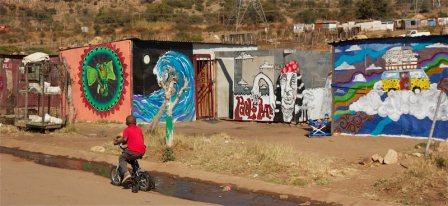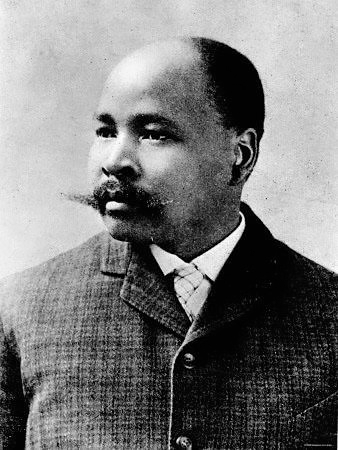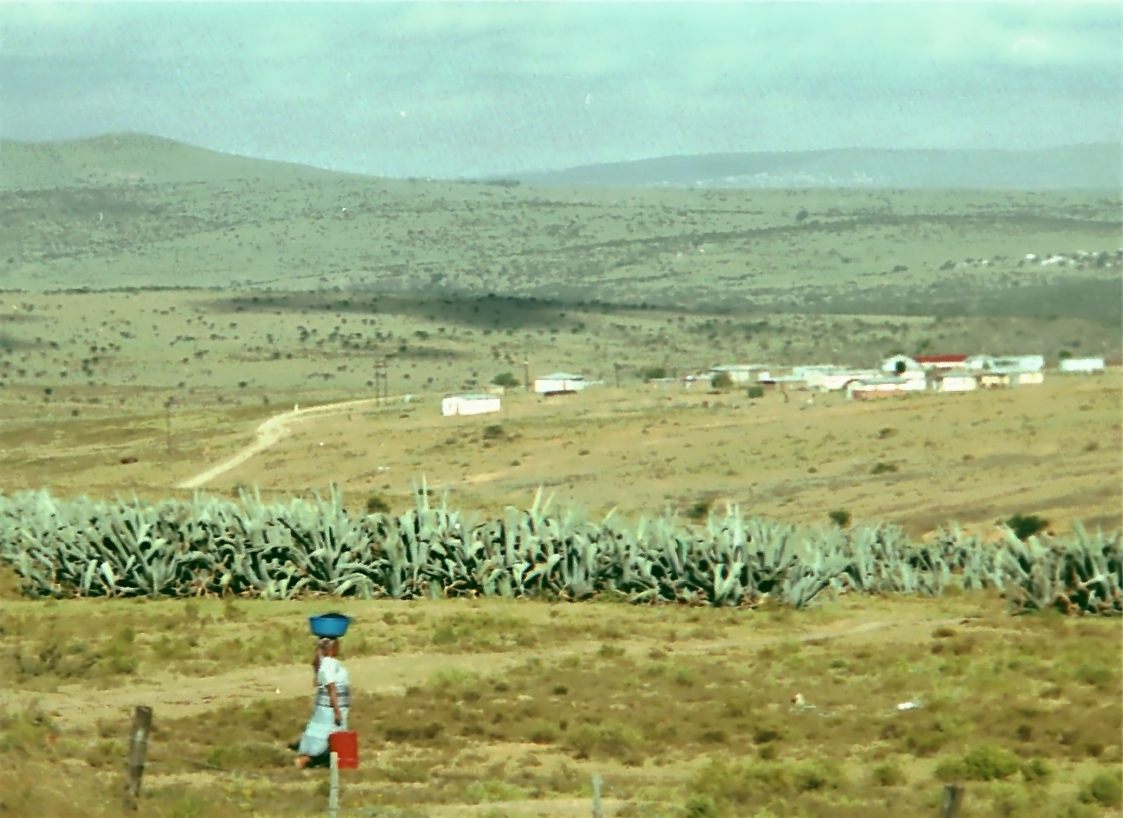|
1987 In South Africa
The following lists events that happened during 1987 in South Africa. Incumbents * State President: P.W. Botha.Archontology.org: A Guide for Study of Historical Offices: South Africa: Heads of State: 1961-1994 (Accessed on 14 April 2017) * Chief Justice: . Events ;January * 1 – |
State President Of South Africa
The State President of the Republic of South Africa ( af, Staatspresident) was the head of state of South Africa from 1961 to 1994. The office was established when the country became a republic on 31 May 1961, albeit, outside the Commonwealth of Nations, and Queen Elizabeth II ceased to be Queen of South Africa. The position of Governor-General of South Africa was accordingly abolished. From 1961 to 1984, the post was largely ceremonial. After constitutional reforms enacted in 1983 and taking effect in 1984, the State President became an executive post, and its holder was both head of state and head of government. The State President was appointed by both Houses of the Parliament of South Africa (Senate of South Africa and the House of Assembly of South Africa) in the form of an electoral college. The office was abolished in 1994, with the end of Apartheid and the transition to democratic majority rule. Since then, the head of state and head of government is known simply ... [...More Info...] [...Related Items...] OR: [Wikipedia] [Google] [Baidu] |
Mamelodi
Mamelodi, part of the City of Tshwane Metropolitan Municipality, is a township set up by the then apartheid government northeast of Pretoria, Gauteng, South Africa. Etymology "Mamelodi" is the name derived from the Sepedi word with the prefix being "ma" meaning mother, and the suffix "melodi" meaning melodies. Its meaning can be translated to mean ''Mother of Melodies''. History The township was established when 16 houses were built on the farm Vlakfontein in June 1953 and later the name changed to Mamelodi. The Group Areas Act designated Mamelodi as a blacks-only area, though this became moot with the fall of Apartheid in 1994. In the 1960s black citizens were forcefully removed from the suburb of Lady Selbourne in Pretoria to Mamelodi, Ga-Rankuwa and Atteridgeville. Anti-apartheid activist Reverend Nico Smith preached in Mamelodi from 1982–1989, and obtained permission to live there himself from 1985–1989. During that period, he and his wife Ellen were the only whi ... [...More Info...] [...Related Items...] OR: [Wikipedia] [Google] [Baidu] |
Swaziland
Eswatini ( ; ss, eSwatini ), officially the Kingdom of Eswatini and formerly named Swaziland ( ; officially renamed in 2018), is a landlocked country in Southern Africa. It is bordered by Mozambique to its northeast and South Africa to its north, west, south, and southeast. At no more than north to south and east to west, Eswatini is one of the smallest countries in Africa; despite this, its climate and topography are diverse, ranging from a cool and mountainous highveld to a hot and dry Veld, lowveld. The population is composed primarily of ethnic Swazi people, Swazis. The prevalent language is Swazi language, Swazi (''siSwati'' in native form). The Swazis established their kingdom in the mid-18th century under the leadership of Ngwane III. The country and the Swazi take their names from Mswati II, the 19th-century king under whose rule the country was expanded and unified; its boundaries were drawn up in 1881 in the midst of the Scramble for Africa. After the Second Boer W ... [...More Info...] [...Related Items...] OR: [Wikipedia] [Google] [Baidu] |
Newcastle, South Africa
Newcastle is the third-largest city in the province of KwaZulu-Natal, South Africa. The city is KwaZulu-Natal's industrial centre. The majority of its citizens reside in Newcastle East in the main townships of Madadeni and Osizweni, with the balance residing in Newcastle West (the two sides of Newcastle are separated by the N11 Road). Set at the foothills of the northern KwaZulu-Natal Drakensberg Mountains, Newcastle is located in the northwest corner of the province along the Ncandu River. Newcastle is the seat of the local municipality as well as being the seat to the Amajuba District Municipality. Newcastle's municipal area is , ranking Newcastle as South Africa's tenth-largest city, and consists of 31 wards. The N11 and R34 are the principal roads linking the city to the rest of South Africa. History Toponymy Newcastle has changed names on numerous occasions during the country's historic rule. It was initially named Post Halt Number 2 on military maps during the 184 ... [...More Info...] [...Related Items...] OR: [Wikipedia] [Google] [Baidu] |
Inanda, KwaZulu-Natal
Inanda or eNanda (isiZulu: ''pleasant place'', also possibly, ''level-topped hill'') is a township in KwaZulu-Natal, South Africa that is situated 30 km north-west of the Durban CBD; it forms part of eThekwini Metropolitan Municipality, eThekwini, the Greater Durban Metropolitan Municipality. Populated primarily by Zulu language, Zulu-speaking Black Africans, Inanda Township is the home of John Langalibalele Dube, first president of the African National Congress (ANC), as a residence/base of operations of Mahatma Gandhi, and as birthplace of the syncretic Nazareth Baptist Church History Brief Description Inanda Township is one of the original townships in the EThekwini Metropolitan Municipality. In the 1600s Inanda Township was nothing more than an oasis for the few local Indigenous farmers. Until in the late 1700s when white settlers arrived in the area. Then in the 1800s, Inanda Township was used as a 'Reserve' for Black & uneducated people. In 1936, Indian farmers joined l ... [...More Info...] [...Related Items...] OR: [Wikipedia] [Google] [Baidu] |
Kagiso
Kagiso is a township situated in Krugersdorp west of Johannesburg in Gauteng Province, South Africa. The word ''kagiso'' means peace in Tswana. Kagiso's administration comprises five wards, each headed by a councillor. History Kagiso was established in 1920 by ex-miners and squatters from nearby Luipaardsvlei. By 1950, there were about 3 436 people in the Luipaardsvlei Township, an area of only 47 morgen, until another new township - Lewisham - was laid out to the south-east of Krugersdorp. Demographics Setswana is the most spoken language in Kagiso. There is considerable migration into the area from the rural areas, with people seeking work in nearby Krugersdorp and Chamdor. Some people who live in Kagiso travel to Johannesburg for work. Kagiso has produced many notable men and women, one of them being the Reverend Dr Frank Chikane, the former secretary general of the South African Council of Churches and a former director-general in the President's Office. Kagiso is the hometo ... [...More Info...] [...Related Items...] OR: [Wikipedia] [Google] [Baidu] |
Atteridgeville
Atteridgeville is a township located to the west of Pretoria, South Africa. It is located to the east of Saulsville, to the west of West Park; to the north of Laudium and to the south of Lotus Gardens. The settlement was established in 1939, and is named after Mrs MP Atteridge, chairwoman of the Committee for Non-European Affairs on the Pretoria City Council at the time. The Lucas Masterpieces Moripe Stadium is located in Atteridgeville. History Early years Atteridgeville was established by the government in 1939 as a settlement for black people, after much lobbying by Mrs Myrtle Patricia Atteridge, the chairwoman of the Committee for Non-European Affairs on the City Council at that time. Atteridgeville was established nine years prior to the election of the apartheid government in 1948. The first occupants were moved to Atteridgeville from Marabastad on 26 May 1940. It was officially opened on 5 August 1940. Mrs Atteridge, who was also a philanthropist, Black Sash activist and ... [...More Info...] [...Related Items...] OR: [Wikipedia] [Google] [Baidu] |
Ciskei
Ciskei (, or ) was a Bantustan for the Xhosa people-located in the southeast of South Africa. It covered an area of , almost entirely surrounded by what was then the Cape Province, and possessed a small coastline along the shore of the Indian Ocean. Under South Africa's policy of apartheid, land was set aside for black peoples in self-governing territories. Ciskei was designated as one of two homelands, or "Bantustans", for Xhosa-speaking people. Xhosa people were forcibly resettled in the Ciskei and Transkei, the other Xhosa homeland. In contrast to the Transkei, which was largely contiguous and deeply rural, and governed by hereditary chiefs, the area that became the Ciskei had initially been made up of a patchwork of "reserves", interspersed with pockets of white-owned farms. In Ciskei, there were elected headmen and a relatively educated working-class populace, but there was a tendency of the region's black residents—who often worked in East London, Queenstown, and Kin ... [...More Info...] [...Related Items...] OR: [Wikipedia] [Google] [Baidu] |
Gugulethu
Gugulethu is a township in the Western Cape, South Africa and is 15 km from Cape Town. Its name is a contraction of ''igugu lethu'', which is Xhosa for ''our pride''. The township was established along with Nyanga in the 1960s. History The name is a contraction of ''igugu lethu'', which is Xhosa for ''our pride''. Gugulethu, along with Nyanga, was established in the 1960s due to the overcrowding of Langa, which was the only black residential area for Cape Town at the time. During the Apartheid era black South Africans were not permitted to live in the city of Cape Town, and many people were removed from areas such as District Six to Gugulethu, Nyanga, and Langa. The predominant language in Gugulethu is Xhosa. Gugulethu is passionately called or referred to as "Gugs" by the locals, which is a nickname stemming from the shortening of the name Gugulethu. Black residents living in Windermere were forcibly moved to Gugulethu when it was declared a black township. Windermere was ... [...More Info...] [...Related Items...] OR: [Wikipedia] [Google] [Baidu] |
Matatiele
Matatiele is a town located in the northern part of the Eastern Cape Province of South Africa. According to the South African National Census of 2011, its 12,466 residents (1,113.44 per km²) and 4,107 households (366.83 per km²) make Matatiele the largest populated town in the Matatiele Local Municipality. Once dominated by wetlands and marshes, Matatiele derives its name from a portmanteau word of the Sotho language words “matata”, meaning wild ducks, and “ile”, meaning gone and the Phuthi language words "mati" meaning water and "ayile" meaning dried out. When taken together, Matatiele conveys a message that “ducks have flown” because of a "dried out wetlands and marshes". In Phuthi language, the town name is pronounced “Matatiyela”. The common informal name for the town in any of the languages mentioned, including English, is “Matat”. And those born here call it “Sweet Matat”. Matatiele's area of – tucked in the shadows of the Matatiele Mountains ... [...More Info...] [...Related Items...] OR: [Wikipedia] [Google] [Baidu] |
Inkatha Freedom Party
The Inkatha Freedom Party ( zu, IQembu leNkatha yeNkululeko, IFP) is a right-wing political party in South Africa. The party has been led by Velenkosini Hlabisa since the party's 2019 National General Conference. Mangosuthu Buthelezi founded the party in 1975 and led it until 2019. The IFP is currently the fourth largest party in the National Assembly of South Africa, in 2014 yielding third place to the Economic Freedom Fighters, formed in 2013. Although registered as a national party, it has had only minor electoral success outside its home province of KwaZulu-Natal. Policies Policy proposals of the IFP include: * Devolution of power to provincial governments * Making the head of state and head of government posts separate, with a ceremonial figurehead as head of state. * Mixed-member proportional representation for the National Assembly. * Liberalisation of trade * Lower income taxes * More flexible labour laws * Autonomy for traditional African communities and their lea ... [...More Info...] [...Related Items...] OR: [Wikipedia] [Google] [Baidu] |




